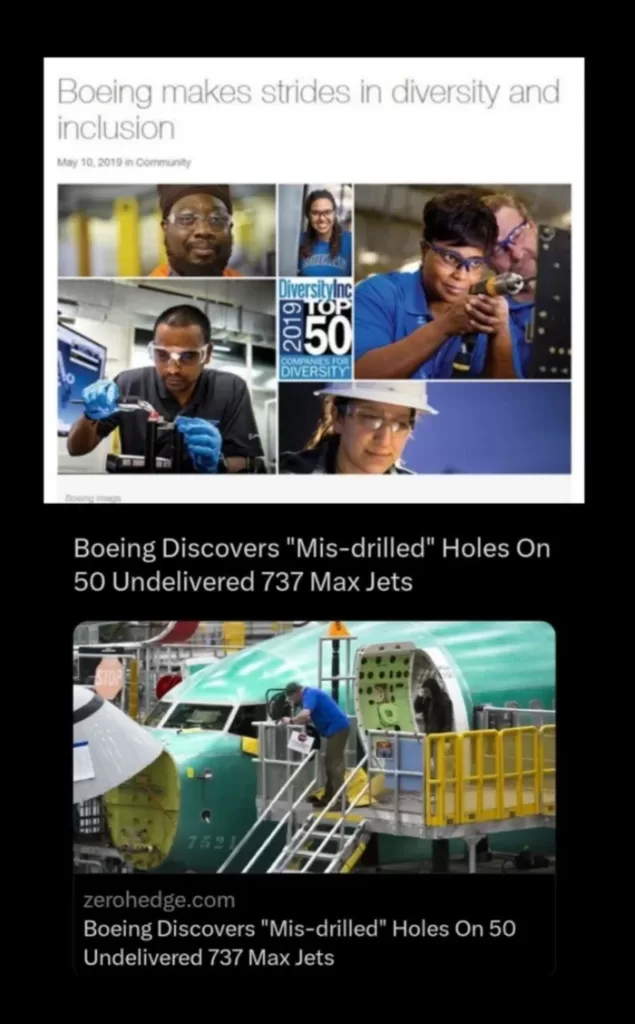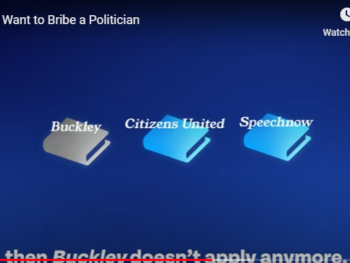The Illusion of Carbon Offset Certificates
In the quest for environmental sustainability, carbon offset certificates have emerged as a popular tool for companies to claim they are taking action against climate change. These certificates are often marketed as a way to neutralize carbon emissions. Are meant to signify that a company has invested in projects that reduce greenhouse gas emissions elsewhere. However, recent investigations have raised serious concerns about the credibility and value of these certificates, revealing a disturbing truth hidden behind the façade of corporate environmental responsibility.
Handing Out Certificates Like Candy: The Verra Controversy
One of the key players in the carbon offset market is Verra, a Washington-based nonprofit that has dominated the $2 billion voluntary carbon market for years. However, a joint investigation by The Guardian earlier this year uncovered a troubling reality: Verra had approved tens of millions of worthless offsets. These offsets are used by major companies to fulfill their climate and biodiversity commitments. Having little to no environmental impact. They are essentially meaningless pieces of paper that allow corporations to make empty claims and create a false sense of environmental responsibility.
David Antonioli's Departure: A Consequence of Worthless Offsets
The fallout from the Verra controversy has not been without consequences. David Antonioli, the CEO of Verra, announced his departure after leading the organization for 15 years. His decision to step down comes as a direct response to the concerns raised about the approval of these worthless offsets. Antonioli's departure highlights the seriousness of the situation and the need for accountability within the carbon offset industry.
Carbon offset certificates have become a marketing tool for corporations to bolster their green credentials without making meaningful changes to their operations. By purchasing these certificates, companies can create the illusion of environmental responsibility while continuing with business as usual. Consumers, eager to support environmentally conscious brands, often fall victim to these false claims, unknowingly contributing to the perpetuation of the problem.
Understanding the Voluntary Carbon Market: A Playground for Greenwashing
The voluntary carbon market, in which these offset certificates are traded, operates with minimal oversight and regulation. This lack of transparency allows companies to exploit the system. Purchasing cheap ineffective offsets to fulfill their obligations without actually reducing their carbon emissions. This market has become a playground for greenwashing, where companies can buy their way out of genuine sustainability efforts.
The consequences of relying on worthless carbon offset certificates are severe. While companies may tout their commitment to environmental stewardship. The reality is that the emissions they generate continue to contribute to climate change. By diverting attention away from the urgent need to reduce emissions at their source. These fake claims delay the necessary action and undermine genuine efforts to combat global warming.
Demanding Transparency and Accountability: A Call for Reform
The revelations surrounding the worthlessness of carbon offset certificates demand immediate action. It is imperative that the carbon offset industry undergoes substantial reforms to ensure transparency, credibility, and accountability. Robust verification processes, standardized methodologies, and independent oversight are essential to restore trust in this market and prevent further exploitation.







